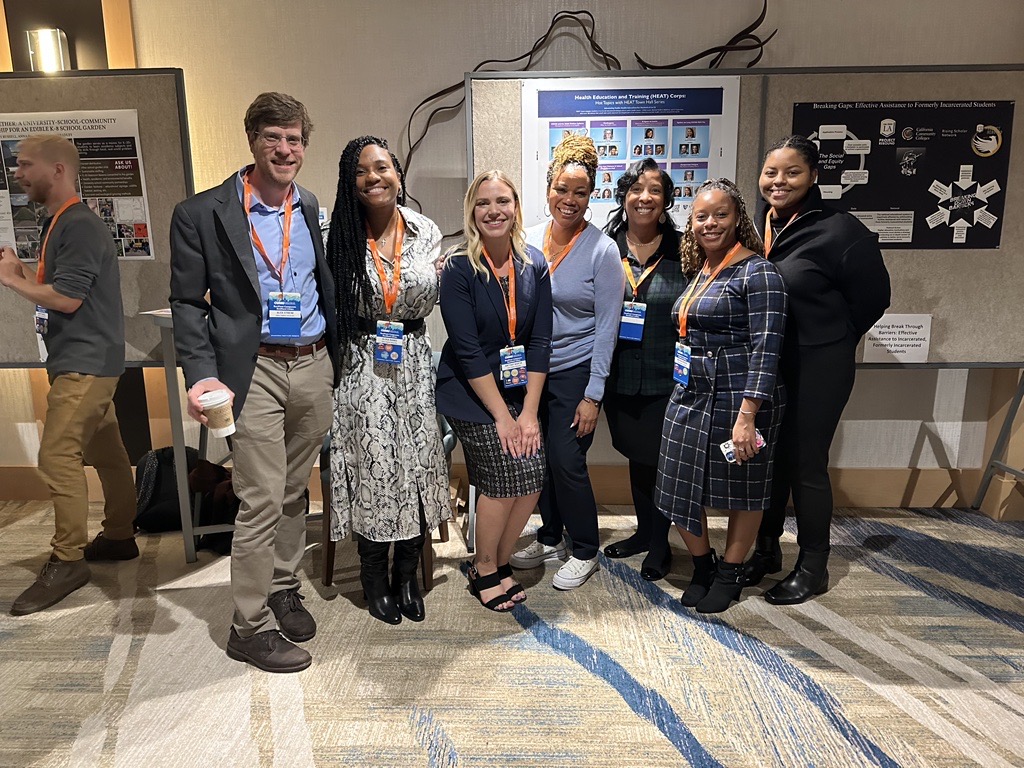
Health Education and Training (HEAT) Corps is a virtual program for K-12 students designed to teach them about various science-related topics in the hopes of increasing their health literacy skills and ability to make informed decisions regarding their health. Leading health professionals at Johns Hopkins created the well-crafted HEAT Corps curriculum to make it engaging, developmentally appropriate, and educational for K-12 students. Trained Hopkins volunteers (including medical residents, nursing students, and public health graduate students) delivered over 2,000 virtual COVID-19 sessions to students in over 100 schools, since its launch in 2020. Sessions extended internationally, facilitating HEAT Corps workshops in six countries, including Canada, Cypress, Greece, Sudan, Guatemala, and India. The program continues to grow, with plans to expand to Panamá and Tanzania. To learn more about HEAT Corp and the impact, visit heatcorps.jhu.edu.
The pandemic has impacted everyone’s physical, fiscal, social and emotional wellbeing and forced many changes on how we engage with medicine and technology. Acclimating and adjusting are an important part of life. With the COVID-19 pandemic pushing the rapid advancement and adaption of newer technology, many people struggle to adapt to changes that have become integrated into their daily routines. Unable to feel comfortable in a technology driven world, some people have begun to feel left
behind.
Throughout the pandemic, medical professionals have struggled to appropriately serve their patients that struggle to understand the technology used. In partnership with The Johns Hopkins Office of Telemedicine, the GCE Office and Microsoft, experts at Johns Hopkins developed a one (1) session, train- the-trainer model lesson to bridge the gap between digital literacy and healthcare for community residents.
The lesson covers the basics of digital literacy necessary for community residents to feel confident in conducting and engaging with telemedicine and electronic patient portals. Session Topics include:
– Wi-Fi Set-Up
– Setting-Up Proxy Access
– Basics of Electronic Patient Portals
– Accessing Zoom, Microsoft Teams, and Webex
– Basics of MyChart
– Affordability Connectivity Program
Through a 30-minute sessions—using both live, in-person presentations—the Telehealth Equity Project aims to heighten community residents’ understanding and comfortability with telemedicine and connecting with health care providers online.
The Telehealth Equity Project also leverages a partnership with Microsoft as both use technology to transform the way we live and work.
Community residents and interested parties are encouraged to email [email protected] to schedule a free lesson.

